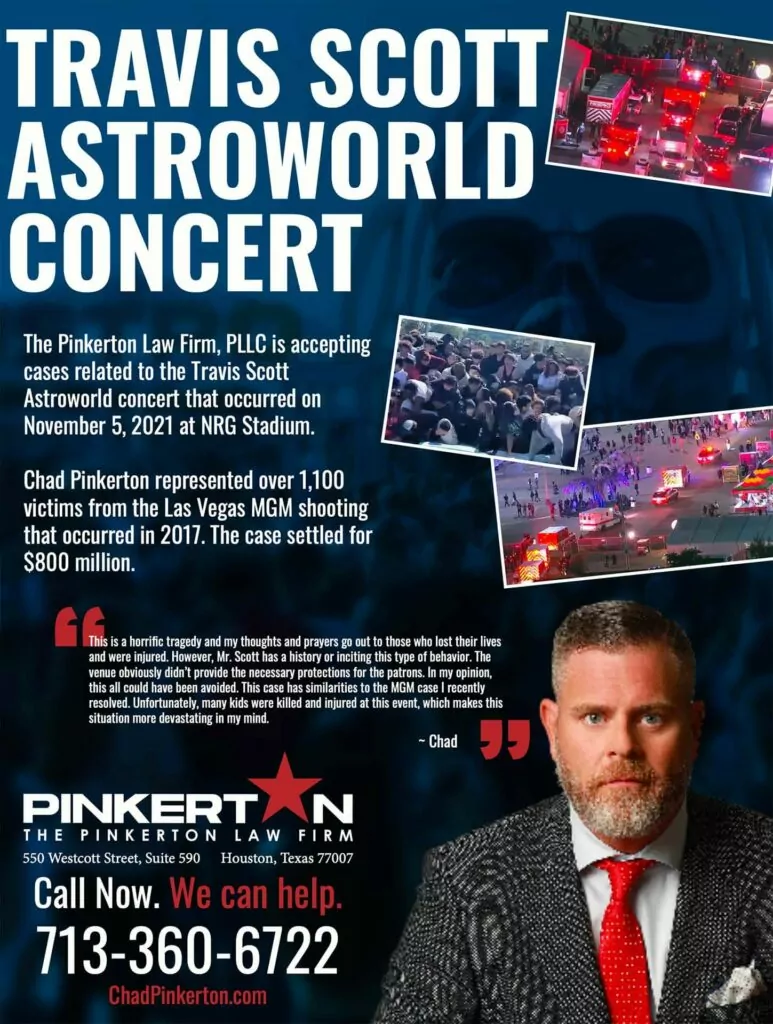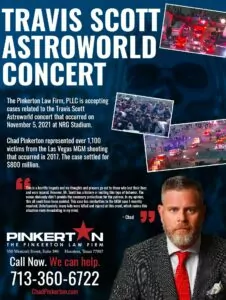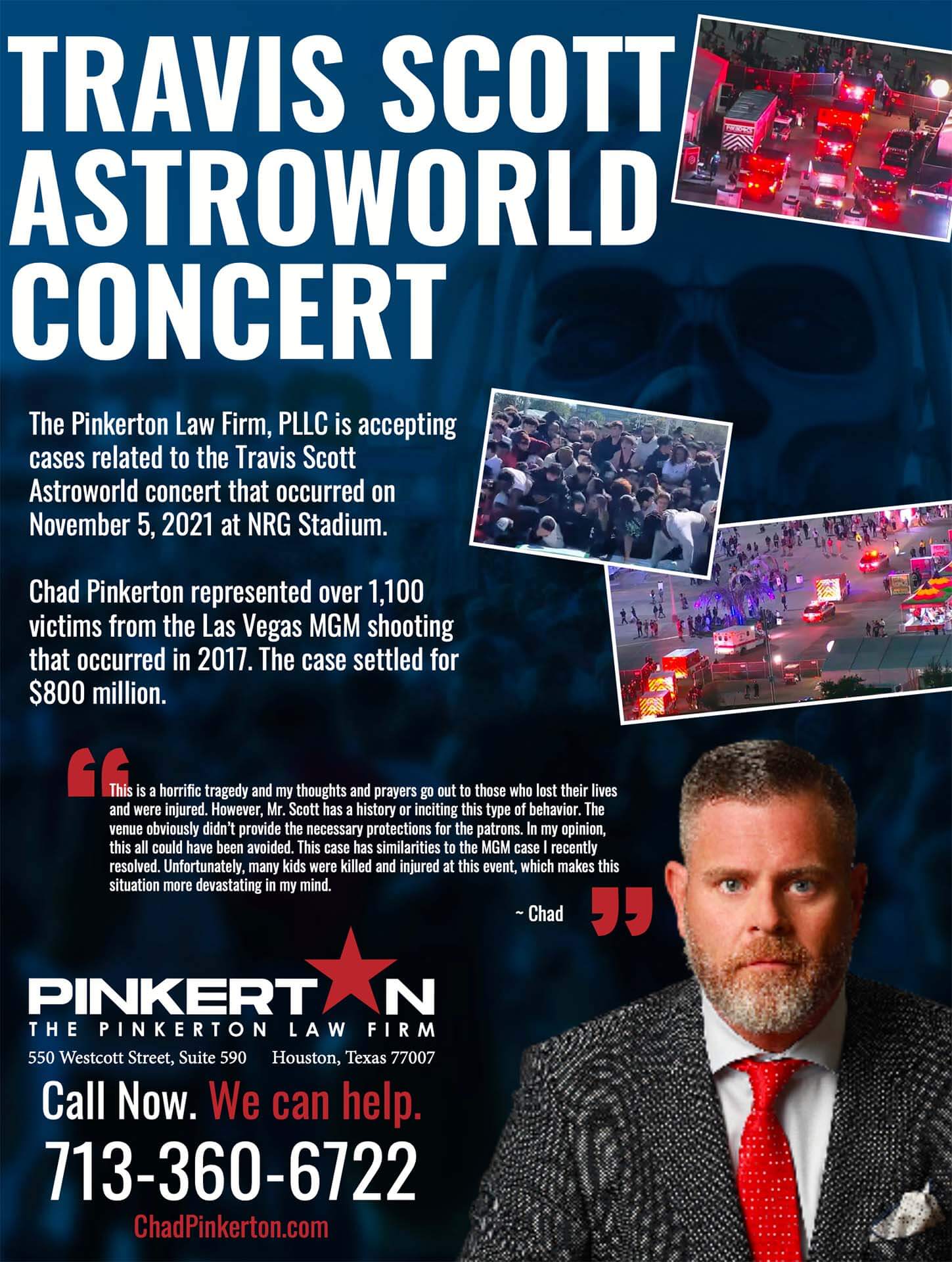Pharmaceutical Liability
Pharmaceutical Products: Medical Devices
Pharmaceutical and medical device companies develop many life-enhancing or life-saving products. Medical devices are popular among the medical community because they enhance surgical, post-surgical and other life-saving procedures. However, many medical devices cause serious injury or death when the products fail to work as intended and advertised.
When these products do harm, company practices and production methodologies are called in to question by the federal government. By law, pharmaceutical and medical device companies are required to give timely and adequate notice to consumers regarding potential product problems like malfunctions and side effects.
Problems arising from the use of medical devices can drastically alter lives and earning capacity. One problem that has surfaced in the world of medical devices is Postarthroscopic Glenohumeral Chondrolysis, which is a condition that arises by using a pain pump after arthroscopic surgery. This condition is permanent, irreversible cartilage damage that causes extreme pain and restriction of movement. Other problems, particularly with heart-related devices, may result in death.
These results are preventable and should be addressed legally in order to compensate the injured for their physical injuries and emotional trauma – as well as to send a message to these large companies that they have a duty to ensure that product and patient safely work together.
The following is a list of products that have caused issues with patients and that have been recalled by the FDA:
- Powersail catheters
- Medtronic MiniMed Paradigm Quick-Set Infusion Sets
- Welch Allyn Automated External Defibrillators
- Medtronic Defibrillator Leads
- Boston Scientific NexStent Monorail, NexStent Carotid Stent and Monorail Delivery System
- Stryker Custom Cranial Implant Kits
- Medtronic Pacemakers
- Stryker or I-Flow pain pumps
Pharmaceutical Products: Drugs
Drugs are the key element of the multi-billion dollar pharmaceutical industry. Companies in North and South America own over fifty percent of that industry. Pfizer and GlaxoSmithKline earned 50 billion dollars and 39 billion dollars respectively in 2005.
Clearly, society sees value in managing their health issues with the use of pharmaceutical drugs. Companies providing the drugs have a duty similar to those making medical devices. Drug companies must perform adequate research and development as well as warn the public of potential side effects and other issues that arise on a timely and effective basis.
The following is a list of drugs as defined by the Federal Drug Administration that are the cause of much concern :
- Heparin: Serious injuries and deaths have been associated with the use of heparin, a blood-thinning drug that contained active pharmaceutical ingredient (API) from China. The adverse events have included allergic or hypersensitivity-type reactions, with symptoms such as low blood pressure, angioedema, shortness of breath, nausea, vomiting, diarrhea, and abdominal pain.
- Bisphosphonates marketed as Actonel, Aredia, Boniva, Didronel, Fosamax, Reclast, Skelid and Zometa: FDA is highlighting the possibility of severe and sometimes incapacitating bone, joint, and/or muscle (musculoskeletal) pain in patients taking bisphosphonates. Although severe musculoskeletal pain is included in the prescribing information for all bisphosphonates, the association between bisphosphonates and severe musculoskeletal pain may be overlooked by healthcare professionals, delaying diagnosis, prolonging pain and/or impairment, and necessitating the use of analgesics.
- Celebrex: Based on emerging information, including preliminary reports from one of several long term National Institutes of Health (NIH) prevention studies, the risk of cardiovascular events (composite endpoint including MI, CVA and death) may be increased in patients receiving Celebrex.
- ACE Inhibitors (Aceon, Lotensin, Capoten, Vasotec): On June 8, 2006, the New England Journal of Medicine published an article reporting that infants whose mothers had taken an angiotensin-converting enzyme inhibitor (ACE inhibitors) drug during the first trimester of pregnancy had an increased risk of major congenital malformations, compared with infants who had not undergone first trimester exposure to ACE inhibitor drugs.
- Depakote: Depakote is an antiepileptic drug. Epilepsy and other illnesses for which antiepileptic drugs are prescribed are associated with an increased risk of suicidal thoughts and behavior. If suicidal thoughts or behavior emerge during treatment with AEDs, the prescriber should consider whether these symptoms may be related to the illness being treated. Since issuing safety alerts on December 16, 2008 and January 31, 2008, the FDA has been working with the manufacturers of these drugs to better understand the risk of suicide.
- Vioxx: Vioxx is a prescription COX-2 selective, non-steroidal anti-inflammatory drug (NSAID) that was approved by FDA in May 1999 for the relief of the signs and symptoms of osteoarthritis, for the management of acute pain in adults, and for the treatment of menstrual symptoms. Merck & Co., Inc. announced a voluntary withdrawal of Vioxx (rofecoxib) from the U.S. and worldwide market due to safety concerns of an increased risk of cardiovascular events (including heart attack and stroke) in patients on Vioxx.
The Law
Bringing a lawsuit for a pharmaceutical drug or medical device injury is usually a tort suit based in negligence. The statute of limitations, which is the amount of time you have to file a lawsuit for the wrong, is two years from the date that a person discovers the injury.
Chad Pinkerton is experienced in handling pharmaceutical personal injury cases, and is trained to use his skill and experience to fight for you and your loved one’s rights – and to hold the right people responsible for the injury and losses. Chad’s medical training coupled with his legal expertise and experience make him the right representative to have on your side.
Money Damages
Recovery of money can include present and future medical bills and, depending on the facts of situation, property damages, mental pain and suffering damages, lost past and future wages, permanent impairment/disfigurement, punitive damages, wrongful death damages and loss of enjoyment of life.










